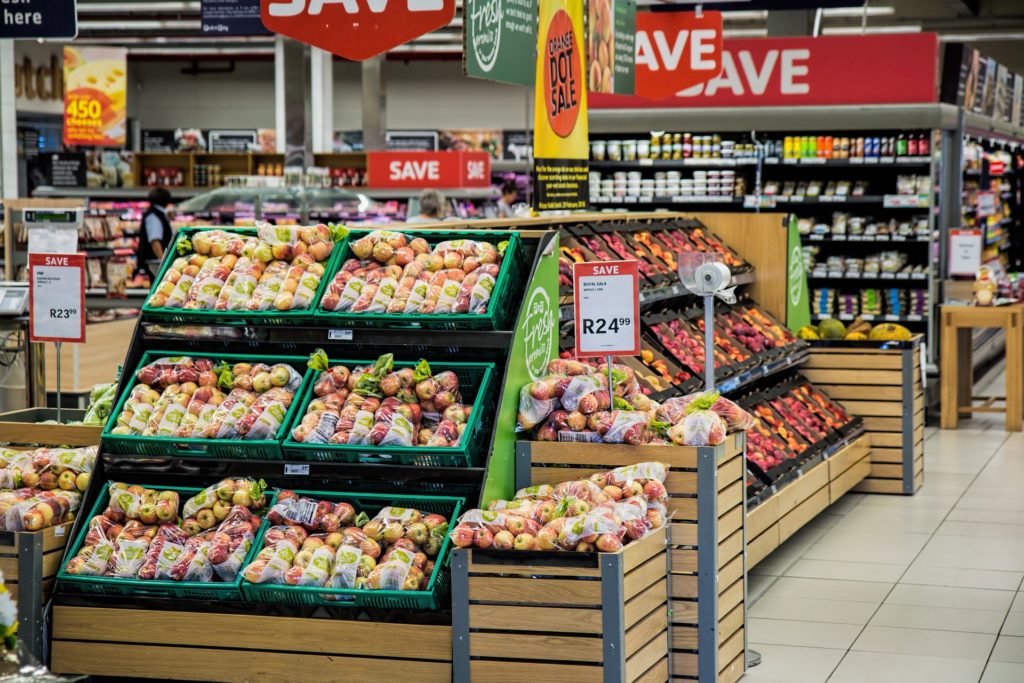Australia has been through many lockdowns as it works towards Phase B of its National COVID Response Plan.
During these lockdowns, one group of people who are exempted from stay-at-home orders and can work at their regular workplaces are essential workers.
Who are essential workers?
Essential workers are people whose jobs are considered ‘essential’ to the function of Australian society. If these workers are not able to perform their jobs from home, they are the only people allowed to leave their homes for work reasons during COVID-19 lockdowns in Australia. If you are an essential worker during a lockdown, employers will often provide you with documentation to prove your essential status in case you are questioned by authorities on the way to or from work.
Most Australian states don’t currently have official lists of what they consider to be essential occupations on their government websites. Generally, people working in industries such as health services (doctors, nurses, pharmacists, aged-care or disability workers, etc.), supermarkets (check-out attendants, shelf-stackers), and government services (including delivery and garbage truck drivers) are considered essential workers Australia-wide. International students often work in many of these sectors.
Victoria, the Northern Territory, and the Australian Capital Territory have lists of what they consider to be essential workers and services available on their state government websites. Most, if not all, of the services on these lists would be considered essential throughout Australia.
If you are employed in one of the sectors on these lists, you are allowed to work at your regular workplace if necessary. However, you must still comply with COVID-19 regulations where possible, such as social distancing, and wearing a mask.
During lockdowns, there are many jobs in sectors such as personal services (for example, hairdressing), fitness, and hospitality that are not considered essential. If you are employed in a non-essential occupation, you are not allowed to leave your home to work during a lockdown.
Are you unsure if your job is essential during a lockdown? Check your state government’s website and keep up-to-date with COVID-19 media briefings to find out whether or not you are considered an essential worker.
Who are authorised workers?
In New South Wales (NSW), authorised workers are similar to essential workers in that they are workers considered essential to the continued function of Australian society.
However, the label of authorised worker only applies to essential workers living in local government areas (LGAs) which have the most cases of COVID-19. Currently, this applies to the Sydney LGAs of Fairfield, Liverpool, and Canterbury-Bankstown. Authorised workers are the only people allowed to leave these LGAs for work.
For example, if you live in Liverpool but your job is in the CBD, you are only allowed to go to work if you are an authorised worker.
Additionally, authorised workers travelling from Fairfield need to get a COVID-19 test every three days.
Industry sectors in NSW that have authorised workers include, but are not limited to, retail, health, and education. For a full list of authorised worker occupations, click here.
Can my boss force me to go to work during a lockdown?
During a lockdown in Australia, if you are not an essential or authorised worker in your state, you are legally not allowed to work outside of your home.
If you are able to work from home, then you are still obligated to continue working unless you have a valid reason not to, such as being ill.
If you have a job that you cannot perform from home (for example, you are a barista) and you are not an essential or authorised worker, your boss is not allowed to force you to go to your regular workplace.
If your employer threatens to fire you, or not pay you, because you will not travel to your non-essential workplace during a lockdown, or because you have been asked to self-isolate or quarantine, they are discriminating against you for raising health and safety concerns. This goes against Australia’s Fair Work Act.
If you have questions on your rights regarding your work during COVID-19, the Fair Work Ombudsman can provide you with information and assistance.





